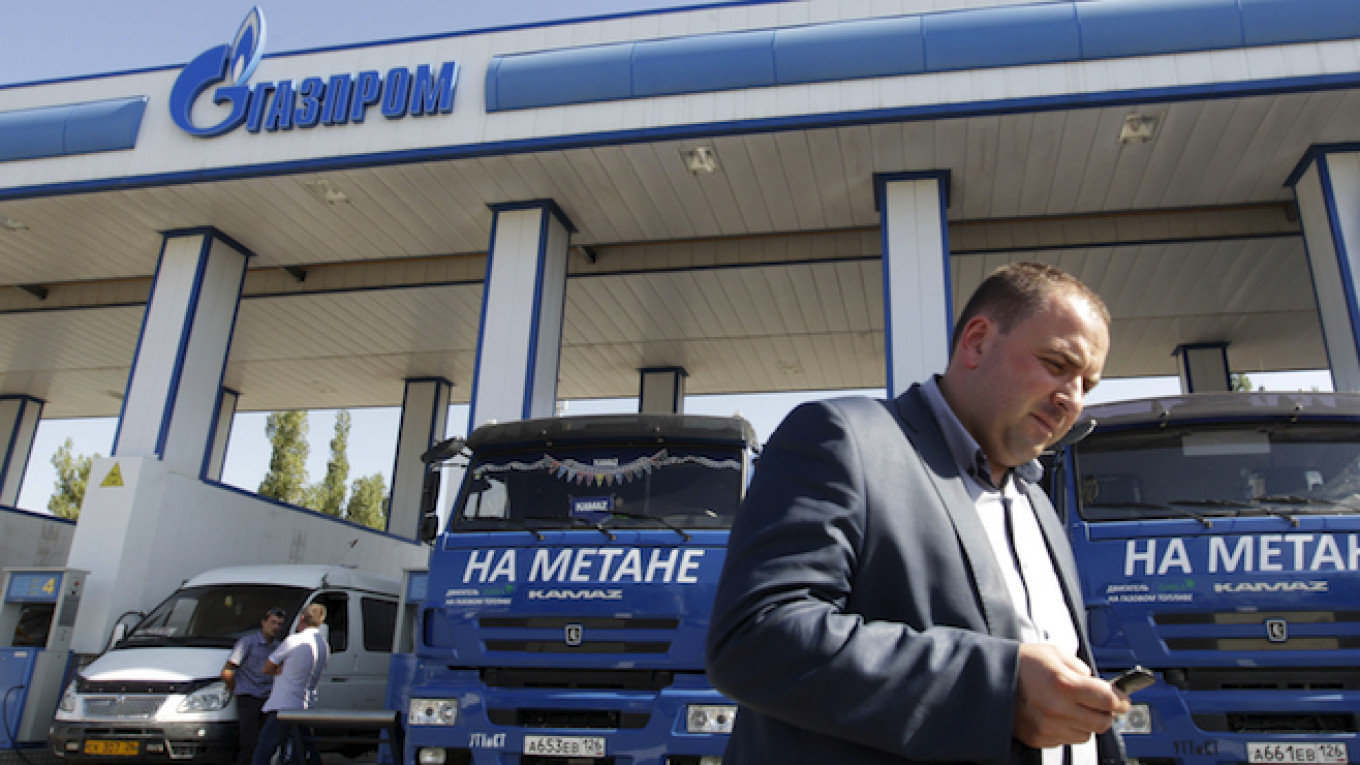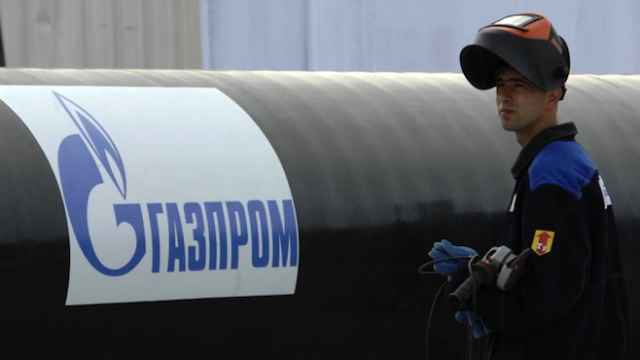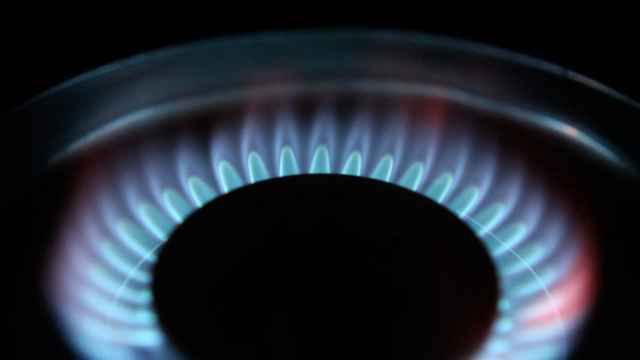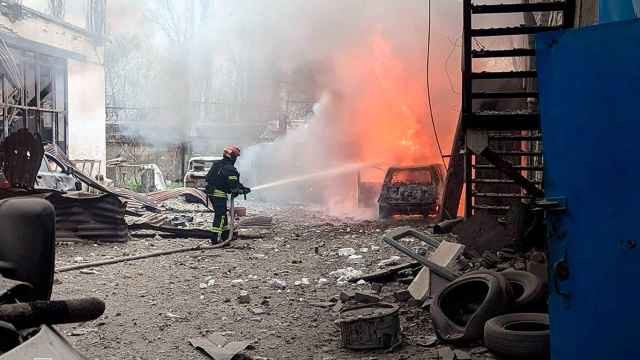Optimism over talks to secure gas transit via Ukraine, low market prices and healthy storage levels have raised hopes that central and southeastern European countries reliant on Russian deliveries will make it through the winter without disruption.
Amid a global gas glut, Russia — which relies heavily on revenue from exports to Europe — will want to show it is a reliable supplier in a buyers' market, analysts say.
The emergence of the gas glut, in tandem with plunging oil prices, has also made Russian gas the cheapest it has been in years, prompting analysts to forecast record flows into Europe this winter.
Thomson Reuters Point Carbon analyst Oliver Sanderson noted storages were heavily utilized last winter as buyers took less Russian gas, most of which is supplied by state-owned Gazprom, and bought more in summer at cheaper prices.
"It's a buyers' market out there but Gazprom still has to sell gas and their recent auction underlined that," he said.
"They are keen on keeping the European market."
Moves to build more links between countries such as Romania, Hungary and Croatia following a Russian supply cut-off in 2009 are also paying dividends in central Europe, although in southeast Europe countries have lagged efforts to create new connections to tap in times of shortages.
Moscow halted gas flows to Ukraine, the main transit route to the European Union, three times in the past decade in disputes over tariffs and pricing.
In 2009, this left homes and businesses across the Balkans without gas in sometimes freezing temperatures.
Possible undersupply in Ukraine is an ongoing risk each winter.
"The biggest winter risk in the [eastern Europe] region remains around Ukraine, although this feels more like a tail risk as Ukrainian storage levels are likely to be close to last year's levels, around 16 billion cubic meters [bcm]," London-based consultants Energy Aspects said in a report.
"While this may be short of the 19 bcm Ukraine wants, it is likely to be enough to see the country through a moderately colder winter than last year," it said.
There has recently been progress in talks between Russia, Ukraine and the European Commission about supplies for the upcoming winter.
A preliminary deal over a supply package between Russia and Ukraine — after Moscow halted supplies to Ukraine in July — combined with a $300 million loan to Kiev by the European Bank for Reconstruction and Development to fund gas purchases from Europe, has helped reduce risks, but haggling over prices continues.
Russia's Gazprom, under pressure to defend its share of the European gas market from rivals, is becoming increasingly flexible in how it markets its gas.
Last month it concluded its first ever auction to sell gas to northwest European customers via the Nord Stream pipeline to Germany.
Gazprom has also floated plans to hold auctions for any additional gas deliveries to eastern and central European clients.
It also stepped up its exports to Europe in the third quarter, ready to eat into volumes normally delivered by Norway.
Russia meets a third of Europe's annual gas demand and in return receives tens of billions of dollars in annual revenues, accounting for the majority of Gazprom's income.
Lastly, the transport system through Ukraine and into Europe, another weak link in past crises, seems to be in better shape than before.
Tomas Marecek, board chairman of Slovakian pipeline operator Eustream, which manages the main entry point for the bulk of Russian supplies arriving in the European Union, said he did not expect any technical issues in the Ukrainian system that could cause disruptions this winter.
Eustream stands ready to utilize the full 14.5 bcm reverse pipeline capacity, put into operation last year to increase gas deliveries from current levels to Ukraine from the European Union, if needed.
That assumes that the conflict in Ukraine, which has so far not disrupted Russian gas supplies to Europe, does not provide any unforeseen developments.
"[The wild card is] what will be the [geopolitical] relation between Ukraine and Russia," Marecek said.
A Message from The Moscow Times:
Dear readers,
We are facing unprecedented challenges. Russia's Prosecutor General's Office has designated The Moscow Times as an "undesirable" organization, criminalizing our work and putting our staff at risk of prosecution. This follows our earlier unjust labeling as a "foreign agent."
These actions are direct attempts to silence independent journalism in Russia. The authorities claim our work "discredits the decisions of the Russian leadership." We see things differently: we strive to provide accurate, unbiased reporting on Russia.
We, the journalists of The Moscow Times, refuse to be silenced. But to continue our work, we need your help.
Your support, no matter how small, makes a world of difference. If you can, please support us monthly starting from just $2. It's quick to set up, and every contribution makes a significant impact.
By supporting The Moscow Times, you're defending open, independent journalism in the face of repression. Thank you for standing with us.
Remind me later.






